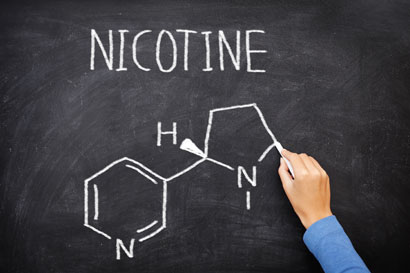Three US health activists have told the Food and Drug Administration that while nicotine in cigarettes should be lowered to non-addictive levels, the agency should not expect that this reduction alone will solve the smoking problem.
Jesse Elias, MA, Yogi Hale Hendlin, PhD, and Pamela M. Ling, MD, MPH, of the University of California, San Francisco, recently submitted a public comment to the FDA on its proposed Nicotine Product Standard.
‘The FDA is considering its proposed nicotine product standard as part of its “comprehensive nicotine policy”,’ the comment said. ‘The FDA’s description of this proposal to date appears to focus narrowly on the pharmacological properties of nicotine. By reducing nicotine delivery in cigarettes, this standard would encourage smokers to switch to other nicotine delivery systems, including those made by tobacco companies, so as to reduce the harm caused by tobacco products. In the best-case scenario, reduced-nicotine cigarettes will prompt smokers to quit smoking altogether, and cease use of all tobacco products. Second best, smokers will switch to non-combustible tobacco products yet maintain their nicotine addiction.’
The comment, of more than 800 words, ended by saying that to improve addiction outcomes and public health, the FDA should both reduce the nicotine levels permitted in cigarettes and other combustible tobacco products, while also expanding and strengthening social and environmental restrictions on cigarette smoking.
Nicotine focus flawed

